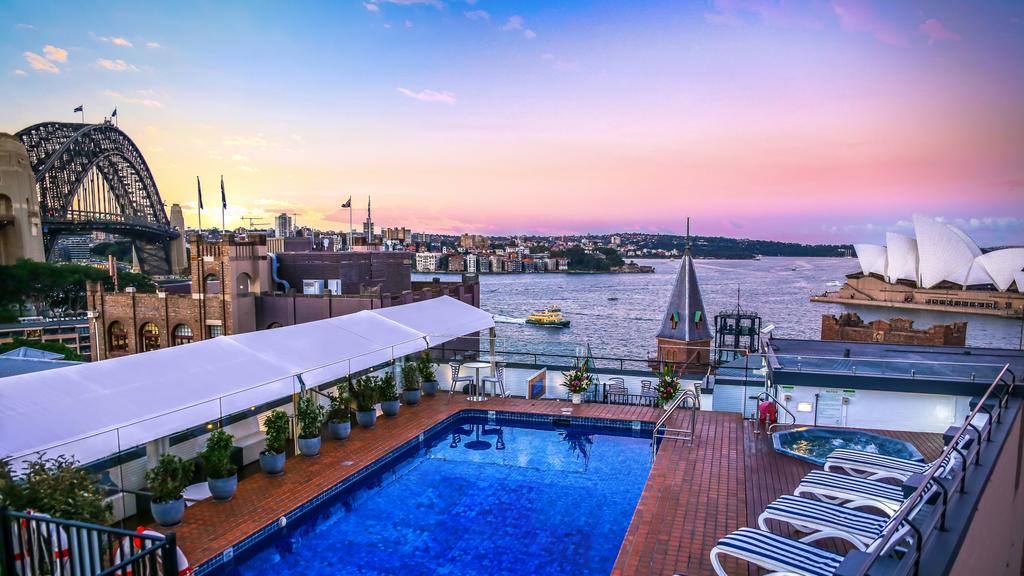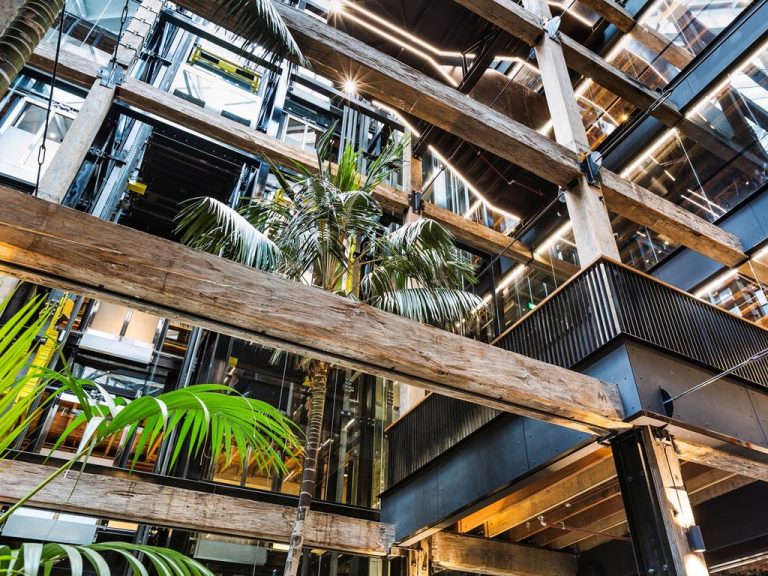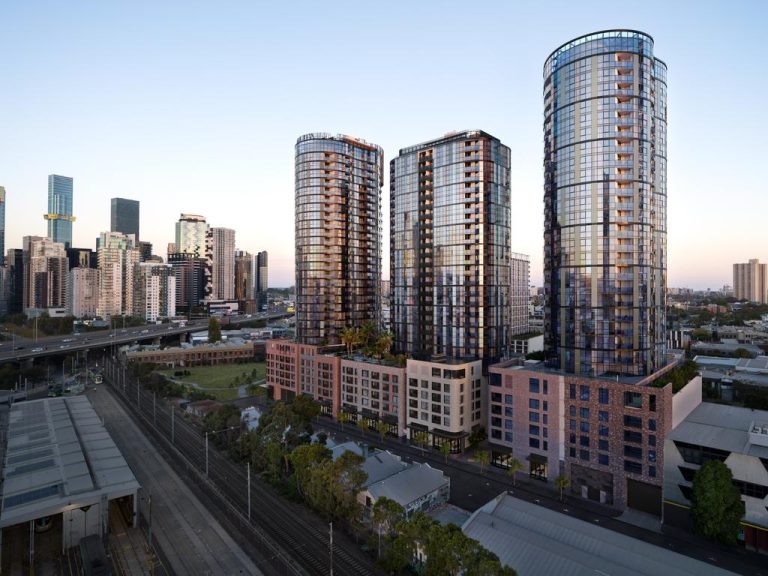Travellers bail on big box hotels in favour of boutique properties

Rooftop pool at Rydges in Sydney.
From Darwin to Hobart hospitality staff and their managers complain that since the pandemic, hotel guests, both domestic and international, are more demanding.
There’s also a major market shift in demand from the big, heavily branded French and American operators to the better service-oriented boutique hotels.
New research reveals boutique hotels are outpacing larger branded hotels in terms of financial performance.
On all three performance indicators – occupancy, average daily rate and revenue per available room – boutique properties outperformed, amid a growing demand for unique and hyper-personalised hotel stays and the pandemic-related rise in domestic travel demand.
According to real estate agency CBRE, on a RevPar basis a sample of boutique hotels performed more than 50 per cent better, with occupancy rates and ADR being 21 per cent and 27 per cent superior.
However, CBRE said a continued recovery in corporate and events travel plus a resurgence in international tourism – both of which typically favour big box international properties – is expected to moderate the outperformance of boutique hotels.
CBRE Australian head of hotels research Ally McDade said an analysis of market performance showed that boutique properties had outperformed “big box” international hotels since the 2020 onset of the pandemic across all three key performance indicators.
“The pandemic dramatically changed how and why we travelled,” Ms McDade said. “International borders shut down, leisure-based tourism was restricted to local demand and corporate travel was reduced to historically low levels.
“Over two years on, many of the resulting trends such as remote working and virtual conferencing, staycations, and the continued growth of social media use for destination collecting and bragging, have become embedded in our lifestyles, shifting guests’ preferences towards a highly personalised and hybrid approach to their hotel stay experience.
“This travel evolution is being increasingly met by the rise of the boutique hotel culture with its intimate and sophisticated offering and attention to design detail,” Ms McDade said.
While traditional big box international hotels have always been heavily favoured by corporate travellers and international visitors, CBRE’s latest research shows the recovery of Australia’s visitor economy has been driven by domestic, leisure-based tourism.
Ms McDade said the strong performance of the boutique sector also reflected new properties entering the market at higher ADR thresholds, as well as the ability to drive rates harder on properties with smaller room counts relative to traditional large, luxury hotels.
“The continued growth of boutique hotels in Australia will rely on their ability to deliver a personalised offering, while capitalising on new and emerging travel trends such as bleisure, where a leisure component is added to a business trip; workations, where some work is tacked on to a holiday, and dog friendly travel such as Ovolo’s V.I.Pooch stays.
“Social engagement, forward-thinking tech and an increased focus on eco-friendliness are also expected to play a role in catering to an ever-increasing demand for hyper-personalised hotel stay, which boutique hotels are well-placed to deliver due to their smaller size and independent operational structure,” she said.







